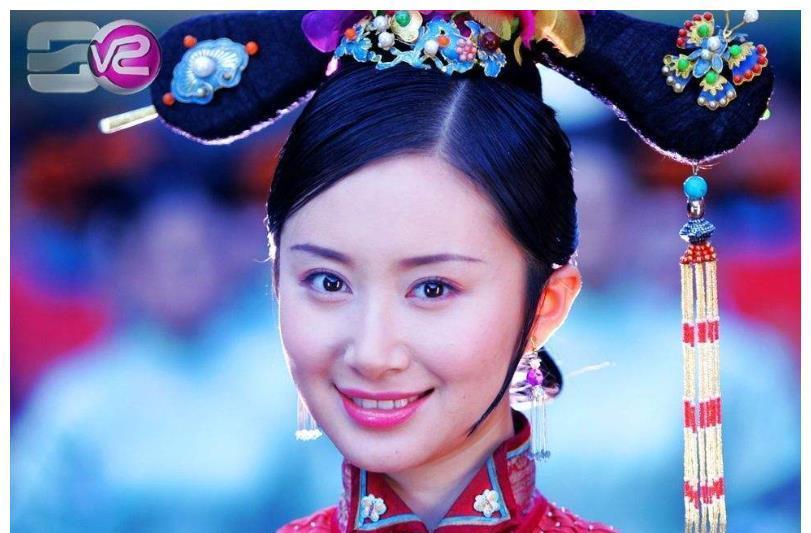Ancient birth in the imperial family looks very beautiful, but in fact, it is very sad, brothers and sisters fight to the death for power, where is there any family affection! In order to prevent this kind of thing from happening, the system of primogeniture was established very early in ancient China, but some ethnic minority regimes did not use this system, such as the Kangxi Emperor of the Qing Dynasty who engaged in a "nine sons and nine sons to seize the concubine". In fact, at the beginning of the establishment of the Qing Dynasty, brothers and sisters had bloodshed for the sake of inheritance, and a princess was sentenced to Ling Chi.

This unfortunate princess was named Mangguji, and her father was Nurhaci. Nurhaci was the founder of the Qing Dynasty and established the Later Jin dynasty, and he himself was also very talented, proficient in Chinese and Manchu, and very fond of reading the Romance of the Three Kingdoms. Nurhaci began his army at the age of 25 and gradually unified the various tribes of the Northeastern Jurchens, and established the Houjin in 1616. The Ming government was helpless against Nurhaci and lost more than 60 cities in Liaodong. And Mang Guji suffered a lot with his father in the southern conquest and the northern war, and Nurhaci also felt that he owed his daughter, so he tried to meet his daughter's requirements as much as possible.
However, there are many things born in the imperial family that cannot help himself, and as a monarch, Nurhaci must consider the overall situation no matter what he does, and he will not hesitate to sacrifice his family for his own regime. In order to consolidate his rule, Nurhaci married Mangguji to the Hada Jurchen tribe, and the discerning people could see that this was a political marriage, and the clever Mangguji naturally understood. She didn't want to be a political tool, to be someone else's pawn, but in those days, a woman's status would be so humble, and this was something she couldn't change.
Mang Guji believes that as a woman, if she wants to truly control her own destiny, she must firmly grasp the power in her hands. In 1626, Nurhaci died, and his son Huang Taiji succeeded to the throne, for which Nurhaci's eldest son Mang Gultai was very dissatisfied, believing that he was the eldest son of a concubine who was eligible to inherit the throne, and Huang Taiji was still a child of shu and did not deserve to inherit the throne at all. Mang Guertai decided to launch a rebellion, and in order to kill The Emperor Taiji in one fell swoop, he found Mang Guji and hoped to unite. Mang Guji saw this as a good opportunity for her to seize power, and the two hit it off.
The two brothers and sisters did not expect that their plan had long been leaked in advance, and Huang Taiji knew their plan in advance and sent troops to surround them! In ancient times, rebellion was always punished severely, the emperor Taiji ordered the execution of all those involved in the rebellion, and the history of the wild record records that Mang Guji was also tortured by Ling Chi and cut 300 knives! Although this statement is not considerable, there is no doubt that MangGuji was the only princess executed in the political struggle of the Qing Dynasty.